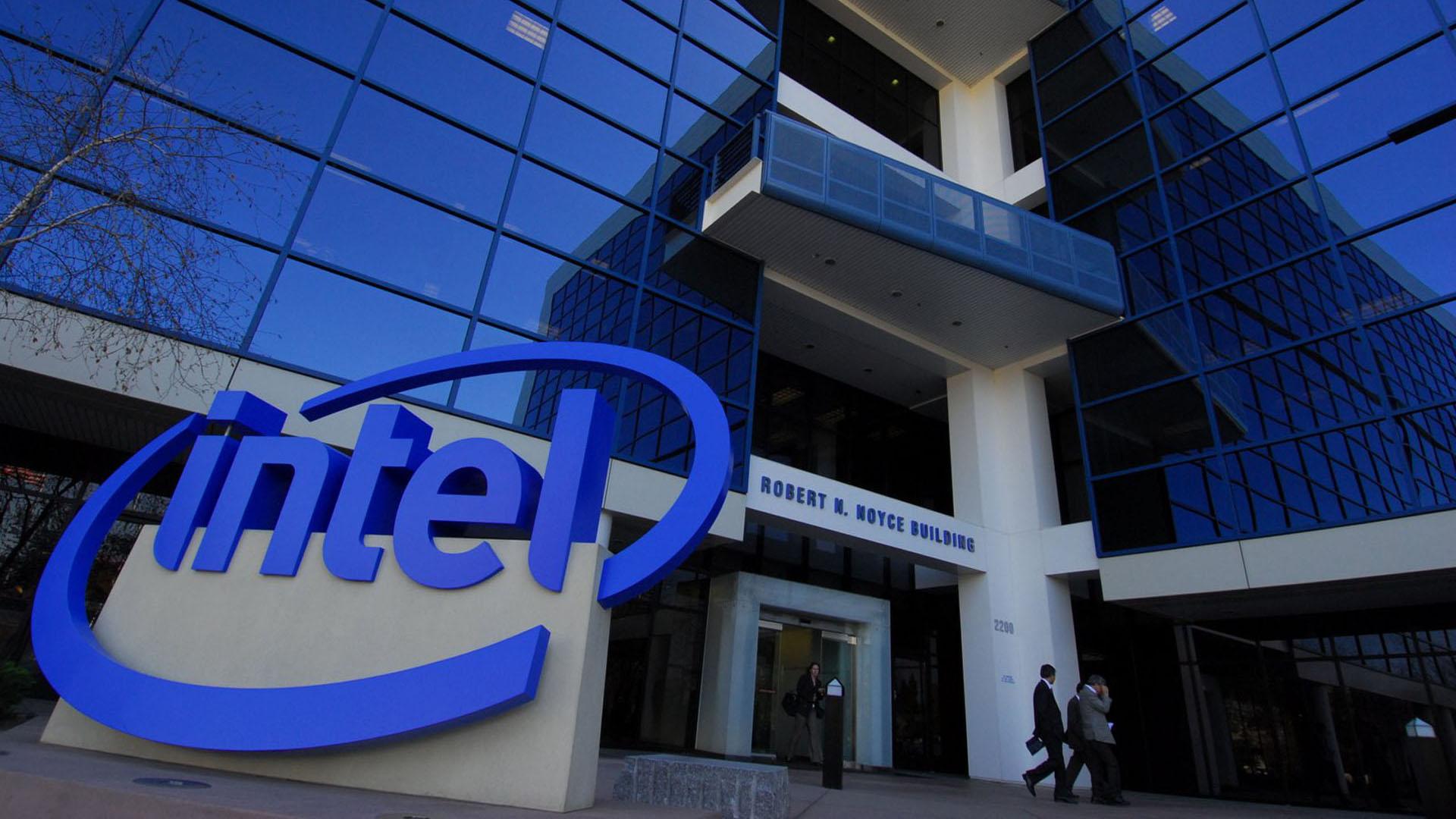 INFRA
INFRA
 INFRA
INFRA
 INFRA
INFRA
Intel Corp., one of the world’s biggest chipmakers, has reportedly informed its clients that it’s planning to raise the price of its computer processors and other chips later in the year.
A report by Nikkei Asia today cites “three industry executives with direct knowledge” of Intel’s plans, and says the price hikes are being blamed on rising chip production costs. The company is facing a quadruple whammy of increased electricity, raw materials, transportation and labor costs. Added to that, inflation is denting its profitability.
As a result, the report says, Intel will hike the prices of virtually all of its products, including chips for personal computers and data center servers, Wi-Fi chips and various types of controllers. It’s said the price hikes will vary according to the product, with the executives suggesting an increase of 10% to 20% on most.
A report by The Register clarified that the price hikes will likely come in October. Among the products that will cost more are Intel’s “flagship” central processing units for desktop computers and notebook PCs, which are also the best chips for gaming. Server chips will also become more expensive — a move that could well have a significant impact on server suppliers and perhaps even hyperscale data center operators that typically buy thousands of processors at once.
The price increases are not a surprise. In its most recent earnings report, Intel Chief Executive Pat Gelsinger said the company would “remix the products to higher price points,” while Chief Financial Officer Dave Zimmer said the company would look to introduce “targeted price increases in certain segments.”
One of Intel’s biggest rivals, Taiwan Semiconductor Manufacturing Co., has also warned of price increases starting early next year.
Last week, Bloomberg reported that the Japanese chemical firm Showa Denko K. K., a major supplier to the semiconductor industry, had warned customers of price increases coming soon. Showa Denko is a key supplier of chemicals and gases that are used in the semiconductor manufacturing industry for the creation of silicon wafers and in the etching process to create chips, so whatever it does would likely have a knock-on effect on chip prices.
Holger Mueller of Constellation Research Inc. told SiliconANGLE that such price increases are a rare thing for the chip industry, which traditionally operates by establishing premium pricing with its latest innovations, then slowly but surely lowers its prices as the technology matures.
Because Intel ships the majority of CPUs for products such as client PCs, embedded systems and servers, a significant price hike is likely to have a big impact on the entire industry. It remains to be seen if rival firms such as Advanced Micro Devices Inc., Nvidia Corp., Marvell Technologies Inc. and others will respond with their own increases. They may be tempted to maintain current prices in a boost to grab more market share, or alternatively raise prices without fear of losing any customers, the analyst said.
“It will be interesting to see if Intel’s competitors will follow suit,” Mueller added. “If they don’t, we may see a replacement opportunity coming up in the chip market. The big question is, of course, did Intel even have a choice?”
The timing of Intel’s move is interesting. The price hikes come at a time when the semiconductor industry appears to be heading for a slowdown following a years-long boom that began with the COVID-19 pandemic. The weakening economy means that some chips, such as graphics processing units, have now become readily available after more than two years of industrywide shortages. As a result, some GPU makers have actually reduced their asking prices, in contrast to Intel’s plans.
Pund-IT Inc. analyst Charles King said the biggest unknown is how the increased prices, along with inflation and fears of a recession, will affect the purchase of chip-powered products such as servers and PCs. He said that in the past, discretionary and consumer products have always taken a much bigger hit than critical business technologies.
“I expect a similar scenario could play out here, with the exception of GPUs, which are suffering from a massive overload of new and increasingly available used products,” King said. “That situation is somewhat akin to what happened during the dot-com bust when the market was flooded with used servers from overprovisioned and failed businesses, leading to extremely painful times for system vendors.”
The bottom line, he added, is that every manufacturer, including Intel, works a continuing balancing act between fabrication and materials costs and necessary margins. “If material or production costs go up, customers end up paying the price one way or another,” he said.
Intel is said to report its second-quarter earnings on July 28, so it’s likely to reveal more about its plans then.
THANK YOU